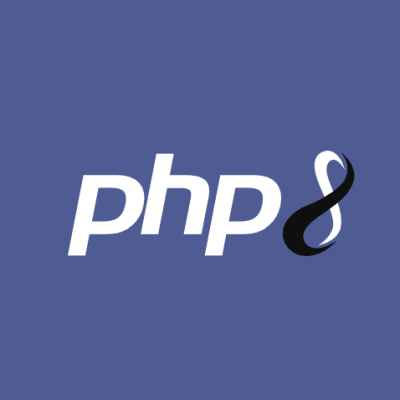As anyone using computers knows, the pace of change is higher in this industry than almost any other and the web is often considered to be at the forefront of that constant evolution.
This is exciting for those who, like us, enjoy the technology but can equally be challenging for those who have a less technical interest but need the web to fulfil their business needs, look good and drive their business forward.
PHP Upgrades
WordPress is a Content Management System (CMS) that is written in the programming language PHP. PHP has been around since the 1990s and gets minor updates (generally bug fixes) every few months and these are something that we deal with silently in the background as part of managing your website. PHP also receives larger updates once per year – often adding new functionality, changing how existing functionality works and can even remove existing features.
In 2021 we updated all our WordPress sites to PHP 7.4 which required amendments to a number of sites to make sure they continued to run safely and securely.
During 2022 we need to move these sites from PHP 7.4 to 8.0 as the current 7.4 will reach the end of its service life in November 2022. This means version 7.4 will no longer receive security updates putting any sites still running on it at greater risk of attack and invalidating security mandates required for many schemes, such as Cyber Essentials and ISO-27001.
PHP 8.0 is a major release and makes a range of changes as to how the engine works. In tests, we have seen performance gains of around 5%, as well as cleaning up several interface inconsistencies within PHP. However this comes at a price – some of these improvements are not compatible with existing code, to take a simple example, a commonly used function to check if something exists within a data structure (which has been part of PHP for over 20 years) will no longer be permitted and any code using that will need to be amended to perform the same check-in a different way to avoid errors.
2023 will see us move these sites on to PHP 8.1 and you may ask why don’t we jump from PHP 7.4 to 8.1 today and negate that work next year? The truth is that the WordPress ecosystem isn’t yet ready for PHP 8.1, even the WordPress core has only stated compatibility a matter of weeks ago, which leaves plugin and theme authors some way behind.
The Infotex development team has started testing for PHP 8.0, which has shown that some of our clients, particularly those with non-WordPress powered sites, will have significant compatibility issues with PHP 8.0 due to the changes, and our account managers will be in touch with those clients to discuss options in more detail.
Server Operating System Upgrades
As mentioned last autumn, we had just completed the migration of our CentOS 8 servers to the newer CentOS 8 Stream due to a change of approach from the maintainers of this server operating system at relatively short notice.
While CentOS 8 was originally planned to support us through until 2029, with the forced switch to CentOS 8 Stream, that timeline was cut to May 2024 with some limitations in the interim. This date is also close to the June 2024 end of service life date for our remaining CentOS 7 servers.
Most WordPress sites will be able to upgrade to a new operating system relatively smoothly as part of the move to PHP 8.1 and MySQL 8 over the next 2 years. However, some older sites are likely to have more compatibility issues and for those impacted clients our team will provide you with more information as applicable.



